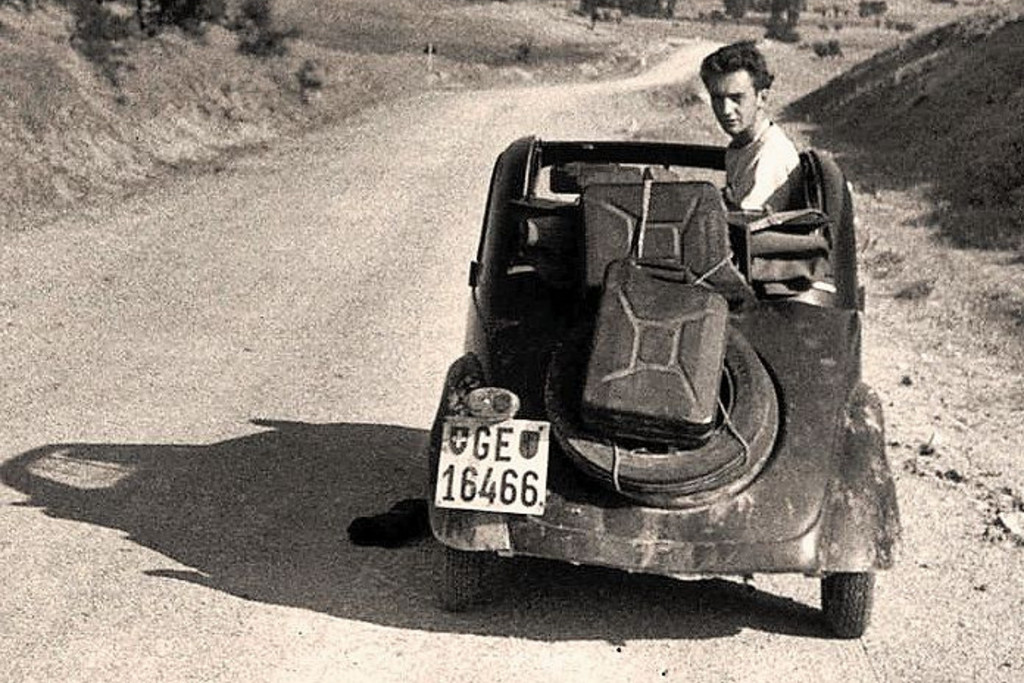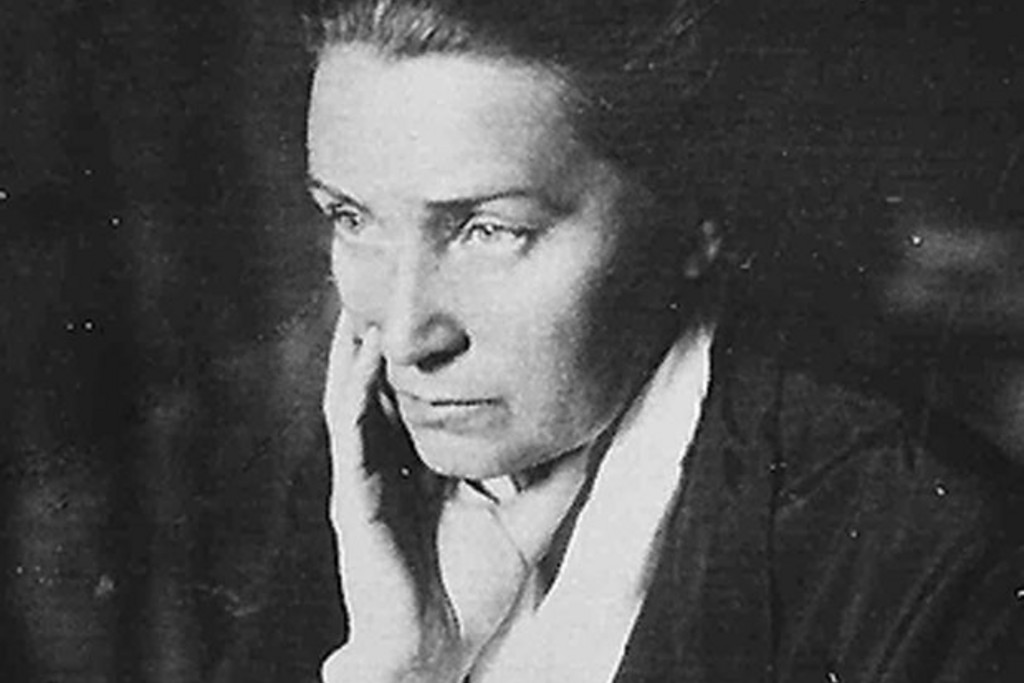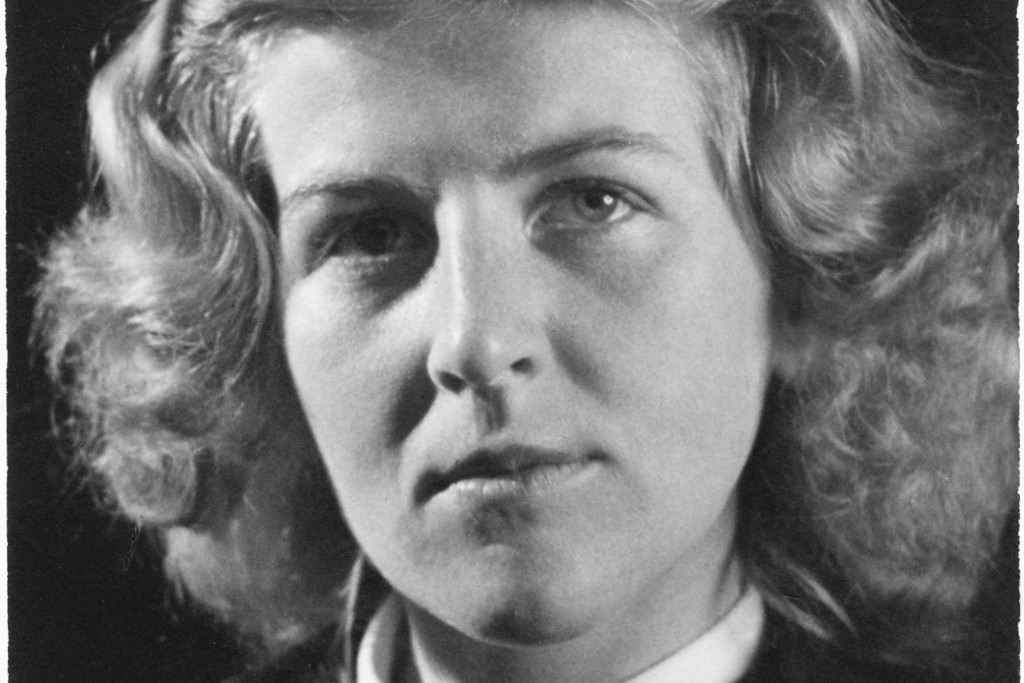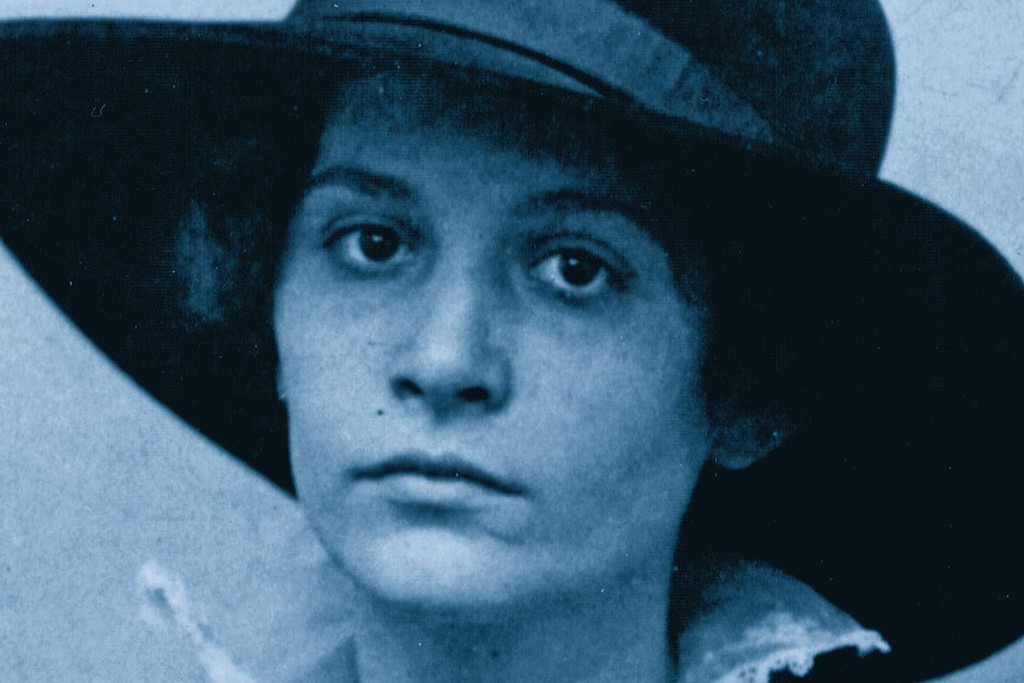“Two European nations were of bad repute – the Italians and the Germans. I have undertaken to give them back their honest image and intellectual standing.” Germaine de Staël wrote these proud words in 1809. She had already delivered on the first half of her promise in 1807 with her sensationally successful novel “Corinne, or Italy”. The product of an amorous trip to Italy by the side of August Wilhelm Schlegel, the first part of the book gives readers an insight into Italy’s culture, history and people out of romantic exuberance, while the second part takes the love affair between the captivating Corinne, who is travelling through Italy, and an English lord to its melancholic conclusion.
“De l’Allemagne”, the book intended to rectify the French nation’s perception of Germany and ring in French Romanticism, is also based on a journey that took Germaine de Staël and Benjamin Constant to Berlin and Weimar and into the sphere of influence of Goethe and Schiller in 1803 and 1804. However, before this book could be published in Paris in 1810, the police acted upon instruction from Napoleon. They destroyed manuscripts and printing plates and forced the author to retreat to her country estate in Coppet, Geneva. From there she made an audacious escape to London where “De l’Allemagne” was published in 1813.
Europe’s liberal conscience
Germaine de Staël, the ‘grande dame’ of the French revolution – born on 22 April 1766 in Paris, the daughter of Jacques Necker, a financial genius from Geneva worth millions – was anything but a harmless writer. Thanks to her relationships, brilliant mind and boundless assertiveness, when even the greatest men yielded to Napoleon she became his most influential adversary and in contrast to the powerful dictator embodied, not least through her successful books, Europe’s liberal conscience. “De l’Allemagne”, this homage to poetic Germany, was in reality a virtuoso concealed protest against cultural repression in France. “Corinne” sent Napoleon into a rage simply because the novel, despite being written in 1805, the year of his Italian royal coronation, did not mention the general or his victories.
Yet the unlikely happened as intellect and charm triumphed over violence. When Germaine de Staël passed away on 14 July 1817 at the age of 50 after a life full of emotion, passion and sensuous experience, her Parisian salon had long since reopened in all its old splendour while Napoleon had been banished to St. Helena forever. There, he once confessed to his confidant Las Cases that his deceased rival and her Corinne preyed on his mind: “I can see her, hear her and feel her. I want to run away from it and I throw the book down. I will nevertheless persevere as I do think it is an interesting work.”
Charles Linsmayer is a literary scholar and journalist in Zurich.
“By torchlight Corinne and Lord Nelvil stood in front of a sculpture by Canova – the “genius of grief” leaning on a lion, the symbol of strength. Lord Nelvil moved away to avoid drawing attention to himself. He gently whispered to his girlfriend: “Corinne, I was condemned to eternal grief until I found you. You have changed the shape of my life. My heart that was doomed to suffering now sometimes feels hope and is perpetually filled with the sweetest bewilderment.”
Taken from “Corinna oder Italien”, translated into German by Dorothea Schlegel, Verlag Unger, Berlin 1807
available from Tredition-Verlag, Hamburg
Bibliography: “De l’Allemagne” is available in extract form in German in Spiegel-Verlag’s Gutenberg project. “Corinna oder Italien”, translated into German by Dorothea Schlegel, is available from Tredition-Verlag, Hamburg.











Comments